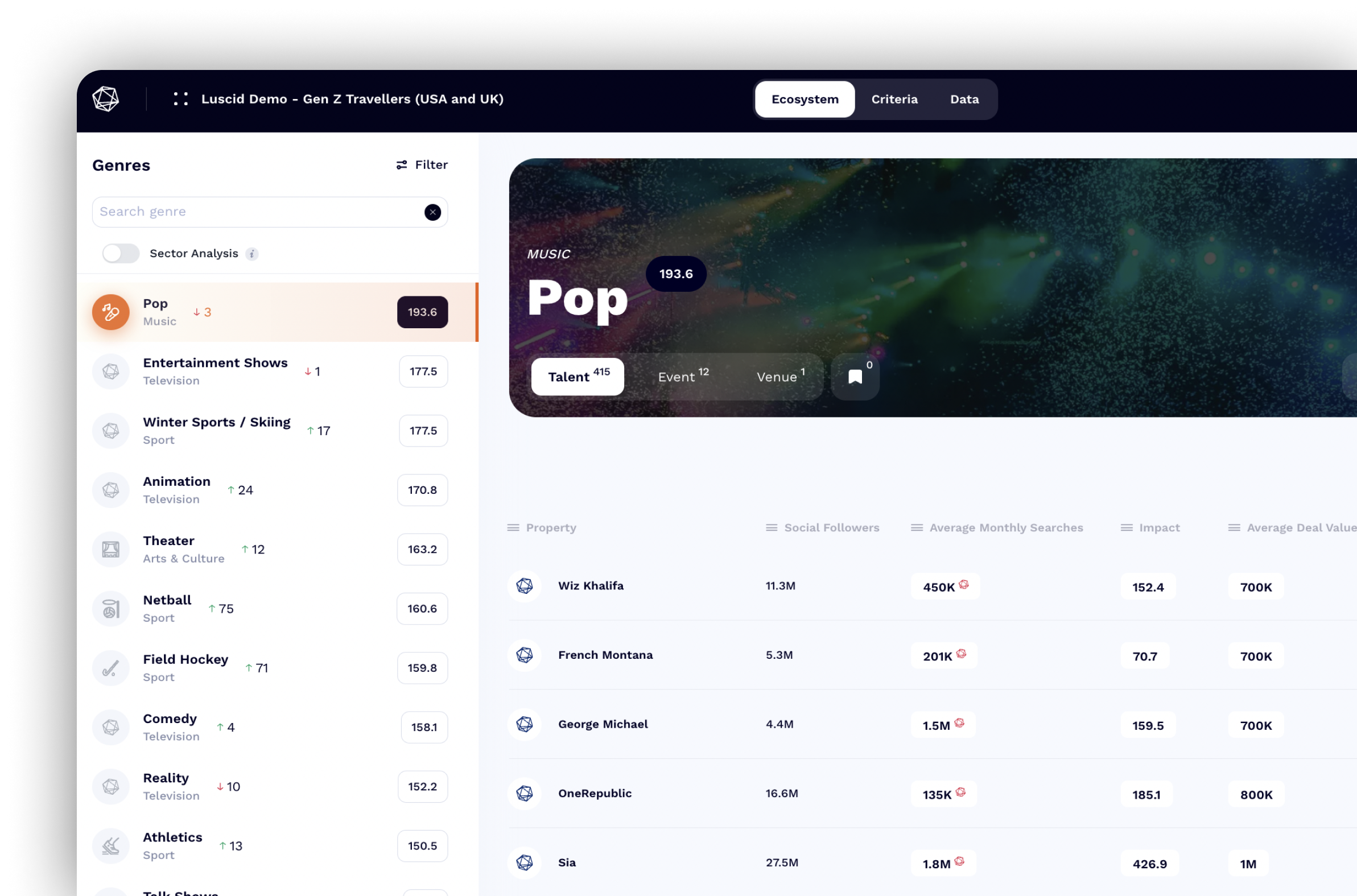In today’s saturated digital marketing landscape, consumers face an overwhelming flood of messages across various platforms, leading to shortened attention spans and making it difficult for brands to stand out. A study spanning the last 20 years revealed a striking 70% decrease in consumer attention spans from 2½ minutes to 45 seconds. As traditional advertising struggles to capture attention and create lasting impressions, brands must enhance their sponsorship strategies and harness the power of storytelling to connect with audiences effectively. This emotive approach has proven successful, with storytelling in marketing yielding a 30% higher conversion rate due to its ability to forge stronger connections with audiences. The digital era demands that brands adopt more engaging and memorable marketing strategies to capture and retain consumer attention, highlighting the critical need for innovative approaches that cut through the noise.
Sponsorship storytelling is becoming a more forward-thinking approach, combining:
- The reach of strategic partnerships;
- The powerful emotions evoked by engaging stories
This dynamic combination forms a persuasive brand strategy to captivate and engage consumers effectively.
Forget a simple logo placement and enter a world of shared experiences and values. This tactic means brands can find new innovative ways to weave informative messages and brand values through a myriad of activities: such as cultural moments, community events and personal experiences. Using storytelling can increase visibility, and customer loyalty by 20% and create emotional connections that resonate long after the event ends, therefore, using storytelling in sponsorships is a powerful way to gather more consumers for your brand.
The Power of Sponsorship in Brand Storytelling
Brand storytelling offers a unique way forward for sponsorships, allowing companies to step out of their comfort zones and enter a fresh perspective of shared experiences and community engagement. Sponsorships allow brands to connect meaningfully with their target audience when done well. Research shows that brand storytelling can increase consumer retention by 55% compared to a simple list of facts.
Moreover, a study by the Event Marketing Institute found that 74% of consumers are more likely to purchase products after exposure to a branded event marketing experience. This demonstrates the significant impact of well-crafted sponsorship storytelling on consumer behaviour and perception.
Case Study: Olympic Games and Samsung
Sponsoring the Olympic Games goes beyond gaining global visibility; it’s about associating with the Games’ core values: Excellence, Friendship and Respect.
Samsung, a technology-based company, demonstrated this during the Tokyo Olympic Games. Through social media campaigns and TV advertisements, Samsung highlighted how its Galaxy smartphones enhanced the Olympic experience for athletes and spectators, emphasising technological excellence and global connection.
Brand Values in Action
Using Luscid’s Brand Value Index, we can see how the Olympic Games compare to other sporting properties.
- Inclusivity: 4.8x stronger than the average sporting property
- Ambition: 3.8x stronger
- Excellence: 2.7x stronger
- Respect: 2.2x stronger
- Friendship: 2.6x stronger
These values provide a rich foundation for brand partners like Samsung to create compelling stories that resonate with audiences, for example, aligning with the Olympic Games’ brand value of Excellence, and showcasing its commitment to technological innovation on a global stage.
Instant Impact: Brands That Nailed Their Message
Several brands have successfully leveraged storytelling and brand values in their sponsorships, effectively connecting with their target audiences:
1. Nike and Sports Sponsorships
Nike and the “Just Do It” story comes to life through its strategic sports sponsorships, by backing athletes embodying determination and excellence.
Brand Values: Determination (201.8), Excellence (121.8). Source: The Luscid Brand Index
Impact: During the 2016 Olympics, Nike’s Unlimited campaign featured athletes like Simone Biles and Mo Farah, which saw significant engagement with Google reporting that 34.4% of consumers remembered seeing the campaign.
2. Red Bull and Extreme Sports
Red Bull’s sponsorship of Extreme Sports Events goes beyond drinking energy drinks, it embodies pushing boundaries and promoting living life to the fullest.
Brand values: Success (181.9), Ambition (174.1). Source: The Luscid Brand Index
Impact: The Space Jump event generated 9.2 million live-stream viewers, leading to a 7% increase in sales and significantly boosting Red Bull’s market share in the energy drink sector.
3. Adobe and Sundance Film Festival
Adobe’s sponsorship of the Sundance Film Festival demonstrates its commitment to creative innovation through software and workshops for filmmakers.
Brand Values: Innovation (197.4). Source: The Luscid Brand Index
Impact: At Sundance 2024, 83% of the films used one or more Adobe Creative Cloud applications, showcasing Adobe’s influence in modern film production.
The Future of Sponsorship Storytelling
Fast forward to looking at sponsorships in the future, storytelling holds a crucial role in sponsorships. For brands, it’s about exploring meaningful connections with their target audience; incorporating storytelling as a tool isn’t just an option, it is a necessity.
Sponsorship storytelling goes beyond mere visibility. When effectively created, it transforms brands from product providers into meaningful parts of consumers’ lives and experiences. While building emotional connections takes time, successful sponsorship storytelling fosters long-term loyalty that surpasses traditional marketing metrics. Not only does storytelling increase emotional connections, but it can also increase conversion rates by 30%. This approach turns sponsorships into a powerful marketing strategy for creating deep, enduring relationships between brands and their audiences.
Companies with compelling brand/product stories can increase the value of products by up to 2,706%. Coupled with the fact that there is a positive correlation between brand sponsorship and consumer purchase intent, improving from 59% in 2022 to 66% in 2024, underscores why sponsorship storytelling is an effective tool, as it can significantly impact a brand’s relationship with its audience.
As we see brands continue to navigate this marketing tool, we will see staggering growth for brands hitting their perfect audience. The brands that use it will truly create a long-lasting, emotional connection.
Platforms like Luscid are proving invaluable at the start of a sponsorship journey. By facilitating strategic sponsorship decisions based on brand value alignment. Luscid helps brands find the perfect opportunity to tell their stories.
In a world where consumers are craving authenticity and emotional engagement, sponsorship storytelling offers a powerful way to bridge the gap between brands and audiences.
Looking to delve into brand values, sponsorship values and more? Visit our website here.


